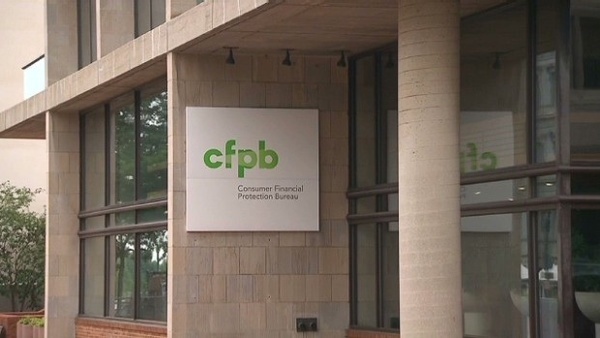
After more than a year of hand wringing, credit union officials said Friday that the CFPB’s payday loan rules will affect credit unions far less than they had feared.
“Overall, based on our initial analysis and a conversation between Director Cordray and NAFCU CEO Dan Berger, the rule will not impact credit unions nearly as much as what was anticipated,” said Michael Emancipator, NAFCU’s senior regulatory affairs counsel.
He added, “This final rule resolves a long-standing cloud that has been lingering over the industry’s head since the bureau initially outlined the rule in 2015.”
Specifically, the rule provides for an exemption for short-term loans that comply with the design of the NCUA’s Payday Alternative Loan program.
CUNA officials called that a big win for credit unions.
“We are pleased the CFPB heeded our recommendations concerning a full exemption for the [PAL] program and the many other changes that were made to accommodate consumer-friendly small dollar loan programs at credit unions, including a more common-sense approach to which loans are covered,” said NCUA President/CEO Jim Nussle.”
Through its PAL program, the NCUA permits federal credit unions to charge an interest rate of 1,000 basis points above the maximum interest rate established by the NCUA board and an application fee of not more than $20.
Then-NCUA Chairman Rick Metsger wrote CFPB Director Richard Cordray last year asking that the agency defer to the NCUA on short term loans offered by credit unions.
“As the prudential regulator for federal credit unions, NCUA already ensures that members receive the type of protections the Bureau is seeking to address,” he wrote.
The CFPB said the “safe harbor” for credit union only apples when the institutions follow all the requirements of the PAL program.
The bureau received comments that credit unions should be exempted at all, while others said they did not believe that there should be any special provisions for credit unions, according to the 1,690-page rules and explanation issued by the agency Thursday.
“In creating this exception, the Bureau agrees with the commenters that concluded, after observing the PAL program over time, that program is generally beneficial to consumers and not easily subject to manipulation in ways that would create risks and harms to consumers,” the agency said.
“The Bureau decided to create this conditional exemption in order to recognize that the NCUA is currently operating and supervising this established loan program for credit unions and to avoid duplicative overlap of requirements that could foster confusion and create undue burdens for certain lenders,” the CFPB continued .
The bureau said it is considering the needs of small credit unions by lowering the minimum length of the PAL loan to 30 days, bringing it into line with the NCUA.
CUNA officials said they are pleased that the agency is providing an exemption for most loans that are over 45 days with no balloon payments, as well as an exemption for loan providers issuing fewer than 2,500 covered loans each year that represent no more than 10% of revenue.
NASCUS President/ CEO Lucy Ito said her organization also is pleased with the final rule.
“Director Cordray is saying that states that do not authorize payday loans will not be affected by the rule,” she said. “Further, states that do authorize payday loans will still be able to provide to most people the credit they need by passing the full-payment test or through one of the other options.”
But Nick Bourke, director of the Pew Charitable Trusts’ consumer finance project said regulators will be under increased pressure to ensure that institutions comply with the rules.
“Bank and credit union regulators must now create the clear guidelines these lenders need in order to make small installment loans safely and profitably,” he said. “If they do, millions of consumers can save billions of dollars by gaining access to lower-cost credit.
It remains to be seen if congressional Republicans try to block enforcement of the rules. House Republicans have tried to block the CFPB from issuing the rules, but the Senate has not.
In addition, the future of CFPB Director Richard Cordray remains up in the air amid speculation that he might return home to Ohio and run for governor.


